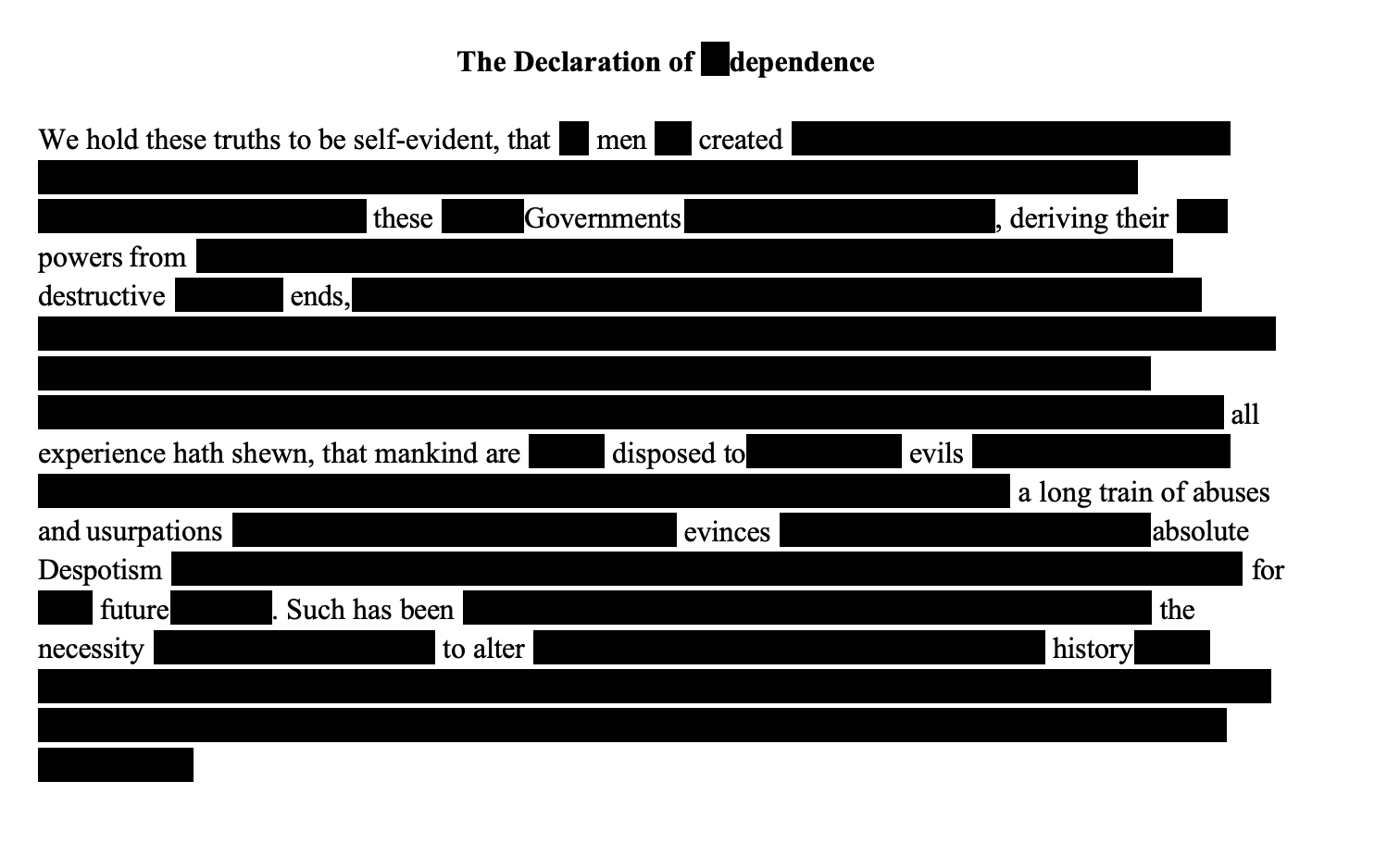I
remember the day Spelman 47 was
boxed up. We only became ready
by remembering that all you need to
eat a box of pasta is four friends. Kick
the habit of walking over. From my
place to yours is seven million feet
now, or nine. I will bring extra shoes with
me. I will hand deliver letters. A joy
is returning Sully’s stolen book while
a shared custody ring goes back to you,
and know this: however hard I tried
to get out of bed then is nothing compared to
now. Everyone is too far. You figure
one day soon we will make it back out
of this phone trap. I’m not sure in what
direction: Brownsville south or Tommy north
or the green west. Maybe June’s name will be Dakota
by then. Of course there’s New York and
D.C. and, on the condition of forgiveness, Oregon.
Won’t it be special to have had
these whisperings out loud again in
a room which is small, but common?
Mollika Jai Singh is a poet from San Diego and MoCo and an MFA candidate in Bloomington, Indiana. They write with an impulse to commit to a few words and write between the lines. Mollika studies the (self-)representation of people of color in popular culture, gendered and racial performance, carework, and love and desire across differences. Find her on Twitter @mollikajaisingh.
